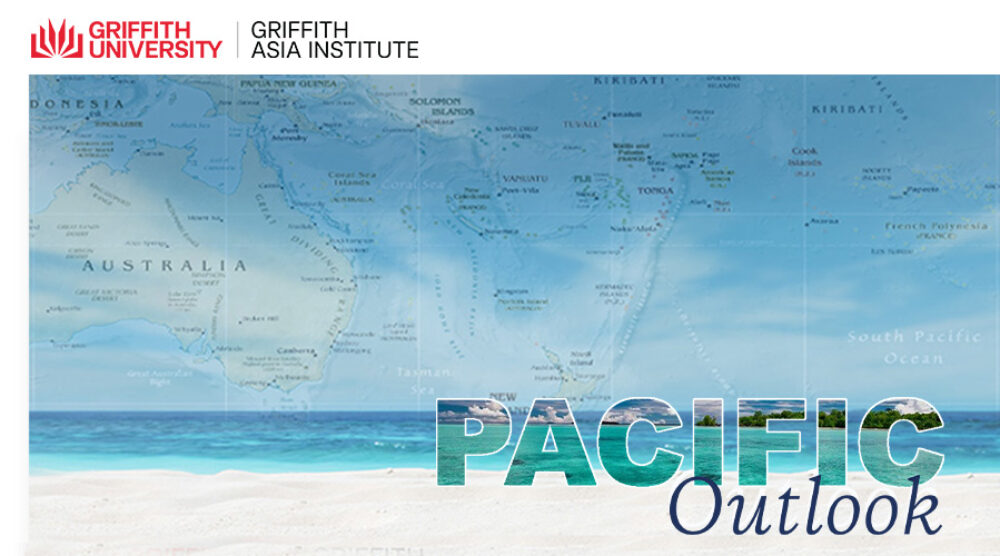Pacific Islands Forum Leaders Meeting
The leaders of the region are gathering in Rarotonga, Cook Islands for their 52nd annual meeting. The meeting is hosted by Prime Minister Mark Brown as Forum Chair. The theme for this year’s meeting is “Our Voices, Our Choices, Our Pacific Way: Promote, Partner, Prosper”. Speaking to the media on Sunday, Tepaenu Hermann from Cook Islands’ Foreign Affairs highlighted that her government was putting forward a “Pacific Partnership for Prosperity”, for consideration by Leaders as they decide on how to operationalise the “2050 Strategy for the Blue Pacific Continent” that was endorsed at last year’s meeting.
Four countries will be represented by people other than leaders of their government: New Zealand, Papua New Guinea, Solomon Islands, and Vanuatu.
In addition to PIF members, there are many delegations from Forum Dialogue Partners and others, including the government of Denmark and the President of the United Nations General Assembly.
Pacific push ahead of COP28
As we move towards COP28 in Dubai, Pacific activists are increasing their work to achieve maximum impact on the global stage.
Whilst there has now been agreement on text for a ‘Loss and Damage’ mechanism, the outcome has left many dissatisfied. There are concerns about it being located within the World Bank, even on a temporary basis. In addition, the lack of commitment by the biggest emitters, notably the USA, is a source of disappointment.
Elsewhere, Vanuatu is exhorting other countries, within the region and beyond, to join a treaty on the non-proliferation of fossil fuels. This comes further to the “Port Vila Call” for a fossil-fuel-free Pacific that was issued earlier this year. Vanuatu’s Minister for Climate Change, Ralph Regenvanu, has expressed his hope that Australia will make a meaningful commitment to escalate the transition away from fossil fuels as part of the PIF Leaders’ meeting this week.
Other Pacific News:
In Tonga, there have been celebrations to mark the 25th anniversary of diplomatic relations with the People’s Republic of China. Tonga has received a great deal of assistance from China, especially in terms of infrastructure.
In Fiji, the government’s decision to vote against a UN resolution to call for a ceasefire in the war between Israel and Hamas has provoked a backlash among civil society and political leaders. This was exacerbated by the government refusing to give permission for a protest march.
The government in Solomon Islands has announced that a contingent of police officers from China will arrive to support security arrangements for the upcoming Pacific Games. Australia is also providing security support to the Sogavare government.
New Zealand has despatched HMNZS Manawanui to conduct underwater surveys to assist in the disposal of unexploded World War II ordnance in the region. Operation Calypso will be carried out in Niue, Fiji, and Vanuatu.
In Papua New Guinea, Treasurer Ian Ling-Stuckey has advised that his government is working to clear debts related to its diplomatic mission in New York. This includes outstanding UN membership fees.
Tess Newton Cain is a Senior Research Fellow at the Griffith Asia Institute and project lead for the Griffith Pacific Hub.








